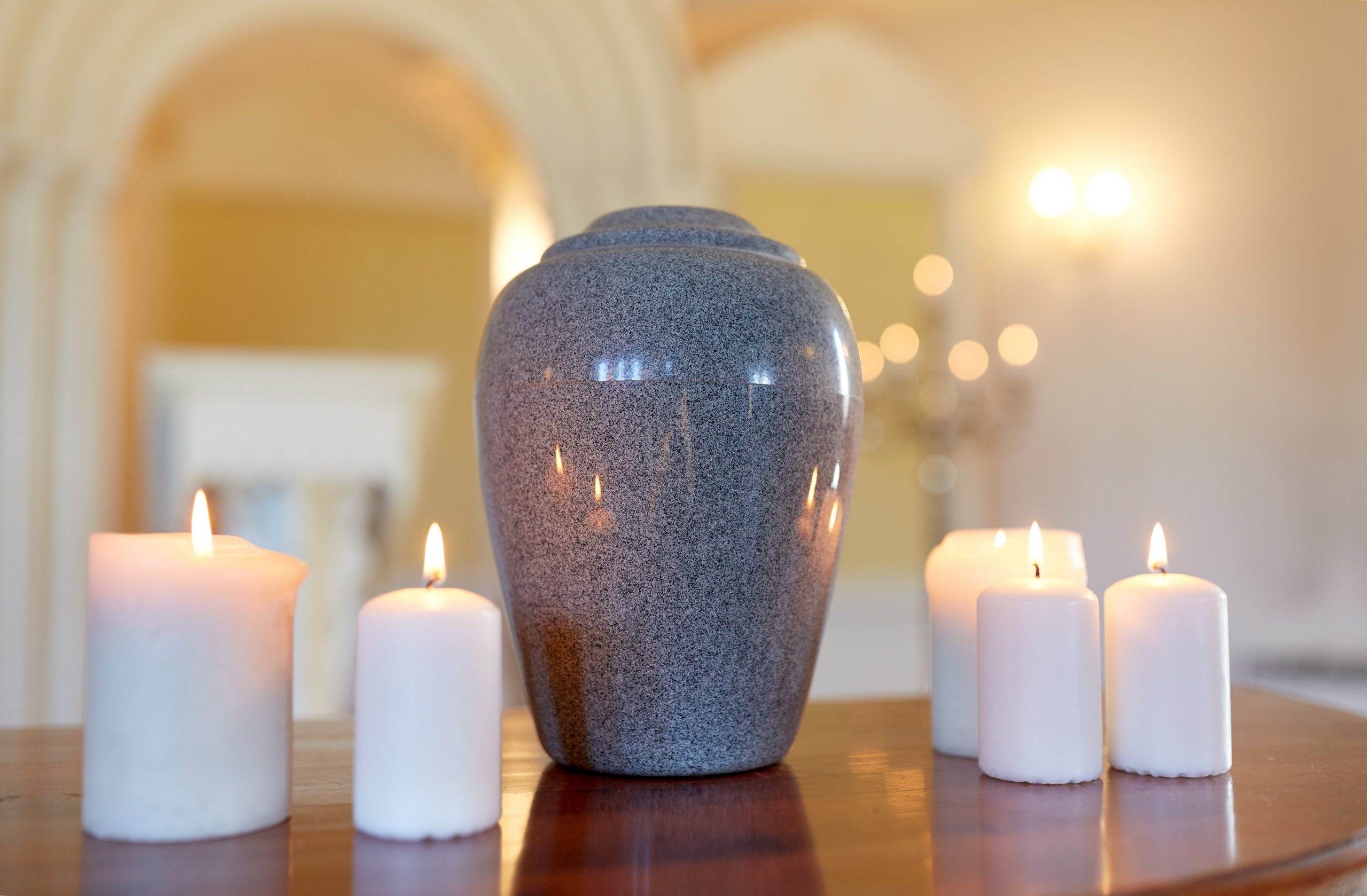By Evan Noorani.
ESCONDIDO, Calif. — The first flameless cremation facility for humans in the state of California is now open in San Diego County.
White Rose Aqua Cremation in Escondido offers a completely water based, eco-friendly end of life. It combines water and an alkali solution to accelerate the decomposition process – saving 90 percent more energy than flame based cremation and preventing fossil fuel and greenhouse gas emissions.
“You have a new industry and your city was chosen to be the first person not only in the county, but also in the state,” said Escondido Mayor, Paul McNamara.
It’s a process that some prefer not to talk about, but that we all face – what happens to a body after death. For most, burial or flame-based cremation is the result.
However, now in California, some are opting for what White Rose calls a ‘gentler’ alternative with no flame at all.
“More and more funeral homes across the country are going this direction,” Stephanie Poirer, the Managing Funeral Director at White Rose told CBS 8. “There are pet facilities doing this across the country. It is something that people are becoming more aware of and definitely want to see more of and the funeral industry will have to get on board.”
The ‘aquamation’ method gained popularity following Desmond Tutu opting for the water-based cremation following his death in December. After the process, bones still remain just as they would in a flame based cremation. Those remains are then turned into what many call “ashes” but are essentially cremated bones. In fact, White Rose says “usually 20 percent more cremated remains are the result, when compared to flame cremation.”
While families can opt for a traditional eco-friendly urn, there are also options to have those remains mixed with soil – used to grow trees or even add to coral reefs in the ocean.
“We are the first certified green burial funeral home in San Diego and so this couples with that to offer families the environmentally sustainable solutions for death care,” said David Perfito, Crematorium Manager.
Poirer says while some people may call the conversation morbid, it isn’t to her. “It’s a loving experience that we have,” she added. “Death is inevitable. If we can talk about it, we can be open about it, we can have these amazing new technologies that make it a little easier for the families, then we’re doing the right thing.”
To read the full story by Evan Noorani, click here.



